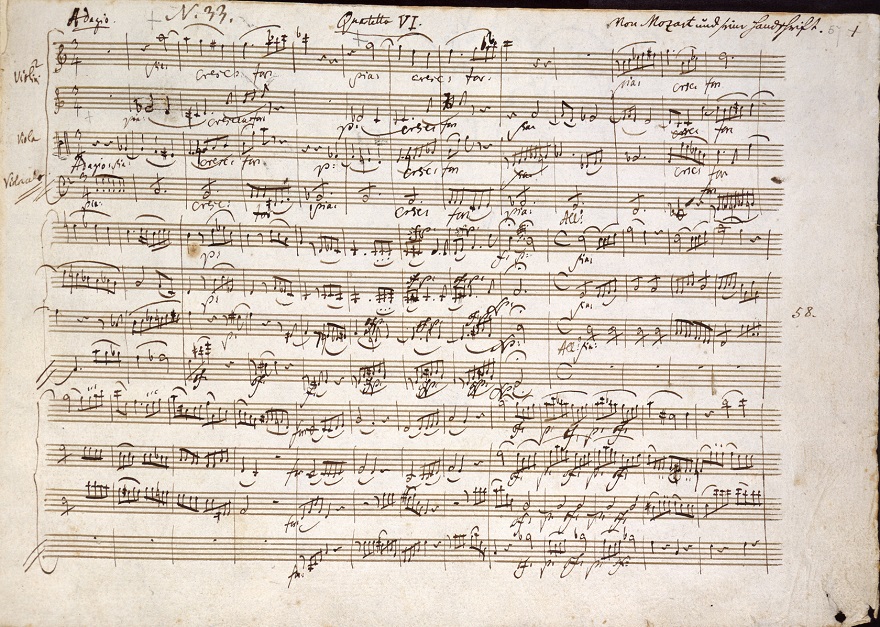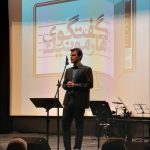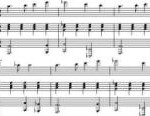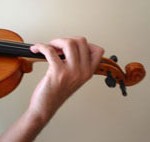
Transition to Enlightenment: Six Lectures on Mozart’s String Quartets*
Lecture 1: Musical and Intellectual Contexts
Wolfgang Amadeus Mozart, a musical prodigy of the Classical era, was deeply influenced by the intellectual currents of the Enlightenment. His exposure to Enlightenment ideas was multifaceted, shaped not only by the cultural milieu of his time but also by the relationships within his family and his own interactions with prominent figures of the Enlightenment. This exploration will delve into Mozart’s acquaintance with Enlightenment ideas through his father’s relationships and his own encounters with influential personalities of the era, including Christian Fürchtegott Gellert, Baron Melchior Grimm, Madame d’Epinay, and Joseph von Sonnenfels. Additionally, the essay will examine the impact of Joseph II’s reforms on Mozart’s life and artistic endeavors.
Leopold Mozart and the Enlightenment Circle:
Leopold Mozart, Wolfgang’s father, played a crucial role in shaping the young prodigy’s exposure to Enlightenment ideas. Leopold was not only a talented musician and composer but also a man of intellectual curiosity who engaged with the leading thinkers of his time. The Mozart family’s travels across Europe exposed them to various cultural and intellectual currents, providing Wolfgang with a rich environment for intellectual development.
One notable figure in Leopold Mozart’s social circle was Christian Fürchtegott Gellert, a German poet and philosopher. Gellert was a prominent representative of the Enlightenment, advocating for the use of reason and morality in literature. Leopold’s association with Gellert likely exposed young Wolfgang to Enlightenment principles early in his life. Gellert’s emphasis on reason, moral values, and the pursuit of knowledge aligns with the broader Enlightenment ideals that would later influence Mozart’s compositions.
Baron Melchior Grimm, a French writer and encyclopedist, was another influential figure in Leopold’s social circles. Grimm was a central figure in the intellectual salons of Paris, where Enlightenment ideas flourished. His correspondence with Leopold Mozart and other members of the family provided Wolfgang with insights into the intellectual debates of the time. Grimm’s engagement with topics such as human rights, education, and progress would have left a lasting impression on the young Mozart.
Madame d’Epinay and the Parisian Enlightenment
Madame d’Epinay, a French author and salon hostess, was yet another important figure who influenced the Mozart family during their travels. Her salon in Paris was a meeting place for intellectuals, philosophers, and artists. Leopold’s interactions in this vibrant intellectual environment likely exposed Wolfgang to a diverse range of ideas circulating in Enlightenment circles.
Madame d’Epinay was associated with Denis Diderot, a prominent Enlightenment philosopher and editor of the Encyclopédie. Diderot’s ideas on education, philosophy, and the dissemination of knowledge would have resonated with the Mozarts. The Enlightenment emphasis on the importance of education and the spread of knowledge aligns with the intellectual climate that surrounded the young Wolfgang during his formative years.
Joseph von Sonnenfels and Legal Reforms
Joseph von Sonnenfels, an Austrian philosopher and legal reformer, played a pivotal role in the Enlightenment-inspired reforms initiated by Emperor Joseph II. These reforms aimed at modernizing and rationalizing various aspects of Austrian society, including legal systems and educational institutions. Sonnenfels’ influence extended to the cultural realm, and his ideas found resonance in the Viennese intellectual circles.
Wolfgang Amadeus Mozart, residing in Vienna, was not immune to the transformative impact of Joseph II’s reforms. The Emperor’s efforts to promote education, religious tolerance, and administrative efficiency aligned with Enlightenment principles. Mozart, as an artist embedded in the cultural fabric of Vienna, would have been aware of and potentially influenced by these reformative endeavors.
Mozart’s Personal Engagement with Enlightenment Ideas
Beyond the indirect influence of his father’s connections, Mozart engaged directly with Enlightenment ideas through his own intellectual pursuits and interactions. As a composer, Mozart’s works reflect a nuanced understanding of Enlightenment principles, blending reason and emotion in his musical expressions.
Mozart’s interest in Freemasonry is one avenue through which he actively engaged with Enlightenment ideals. Freemasonry, with its emphasis on reason, tolerance, and the pursuit of knowledge, was closely aligned with Enlightenment values. Mozart, who became a Freemason in 1784, found in the Masonic lodges a community that resonated with the Enlightenment spirit. His Masonic compositions, such as “The Magic Flute,” are imbued with themes of enlightenment, wisdom, and moral virtue.
Moreover, Mozart’s operas and symphonies, including “Don Giovanni” and the “Jupiter Symphony,” demonstrate a sophisticated engagement with Enlightenment themes. The Enlightenment emphasis on the power of human reason and the celebration of individualism is evident in Mozart’s compositions, where he explores the complexities of human relationships, morality, and societal norms.







